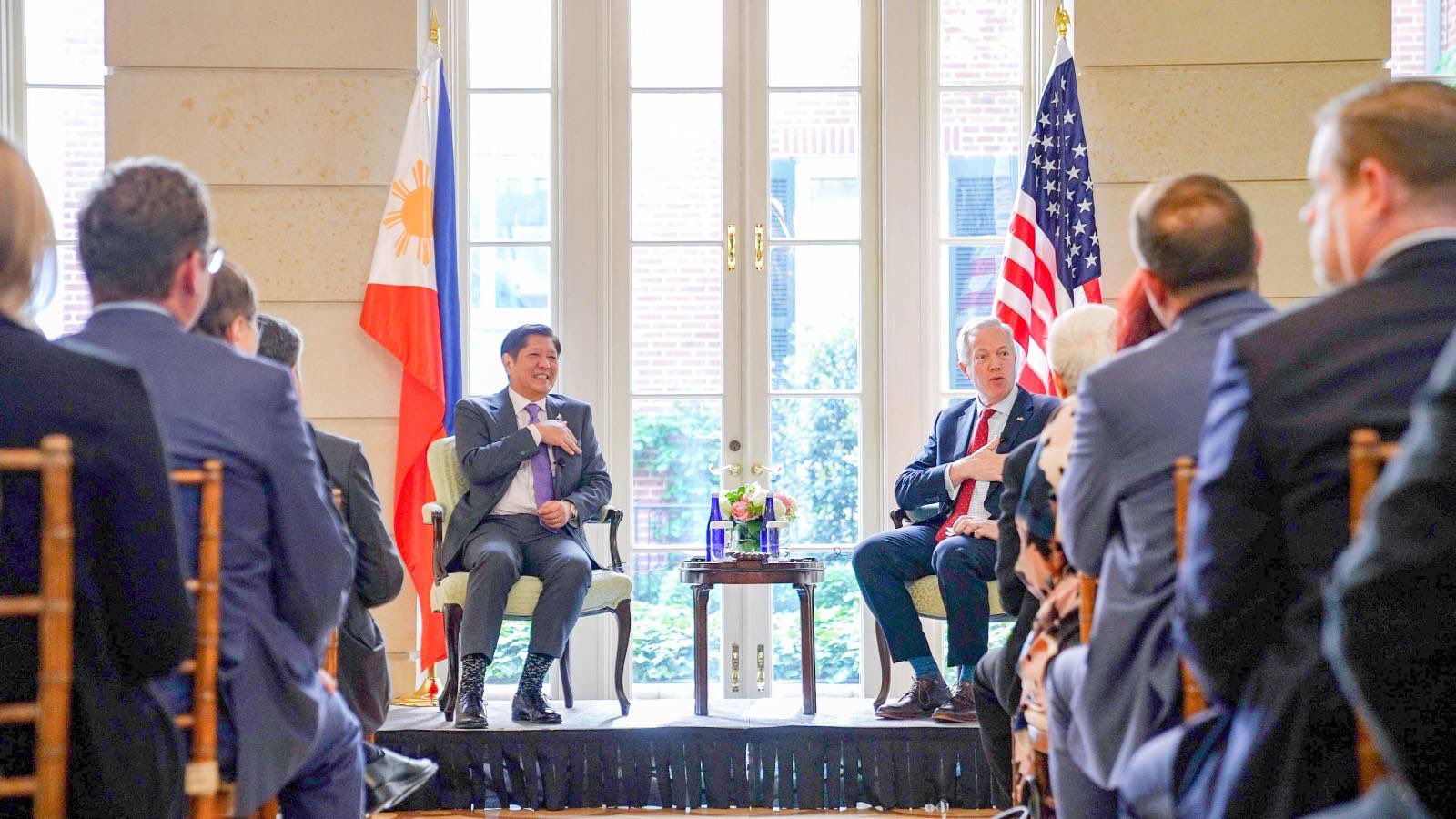Economy, security, diplomacy: Marcos Jr boosts alliance with Washington, irks Beijing
After four days, the Philippine leader ends his official visit to the United States, rebooting the “ironclad” military alliance established in 1951. While trying to reassure Beijing over new US bases on its territory, Manila is also working with Tokyo and Seoul to contain China.
Milan (AsiaNews) – Ferdinand Marcos Jr’s official four-day visit to the United States, the first by a Philippine president in a decade, began with a meeting on Monday in Washington with his US counterpart, Joe Biden.
Marcos Jr, son of dictator Ferdinand Marcos who died in exile in Hawaii in 1989 after the peaceful revolution of February 1986, had already travelled to the United States last autumn for the annual meeting of the UN General Assembly.
This trip is part of a series of missions abroad, including the one in January to the People's Republic of China, by which Marcos Jr is trying to make Manila again the centre of regional diplomacy, but also secure economic and strategic support.
In the United States, the Philippine leader met with senior officials in the Biden administration, members of Congress, business leaders and analysts.
In his meeting with his Philippine counterpart, Biden reiterated the “ironclad” alliance with Manila and the Mutual Defence Treaty, in all its aspects, signed in 1951.
The updated agreement remains fully in force despite the ups and downs in the bilateral relationship over the past 30 years, especially under Marcos Jr’s immediate predecessor, Rodrigo Duterte, who privileged relations with China.
Marcos Jr is trying to strengthen the strategic alliance with the United States in order to allay the concerns of those at home and abroad who look with fear at the current confrontation with China.
Beijing is in fact pursuing a policy of fait accompli in the Philippines’ exclusive economic zone, close to its territorial waters, ignoring its claims to sovereignty and a ruling by the Court of International Arbitration against China.
At the same time, both during his visit to China in January and in its latest statements, Marcos Jr has tried to reassure China that the newfound harmony with the United States is not aimed at it, nor that his country would host missile and strategic weapons in the event of a China-Taiwan confrontation.
Yesterday, in a speech at the Center for Strategic and International Studies in the US capital, Marcos Jr stressed again that the Philippines had no interest in fuelling tensions and that Washington has not asked Manila for direct military support in case of war.
Such support is not included in any bilateral agreements, the latest signed in 2014 on mutual military assistance, but which could be influenced by the large presence of Philippine migrants in Taiwan and the need to ensure their safety or evacuation.
The opening in February of four more US military bases in the Philippines sparked strong protests by China.
Amid such latent tensions, Manila does not look only to Washington, but also to Tokyo and Seoul to build up a network to contain and deter Beijing under US supervision.







.png)










